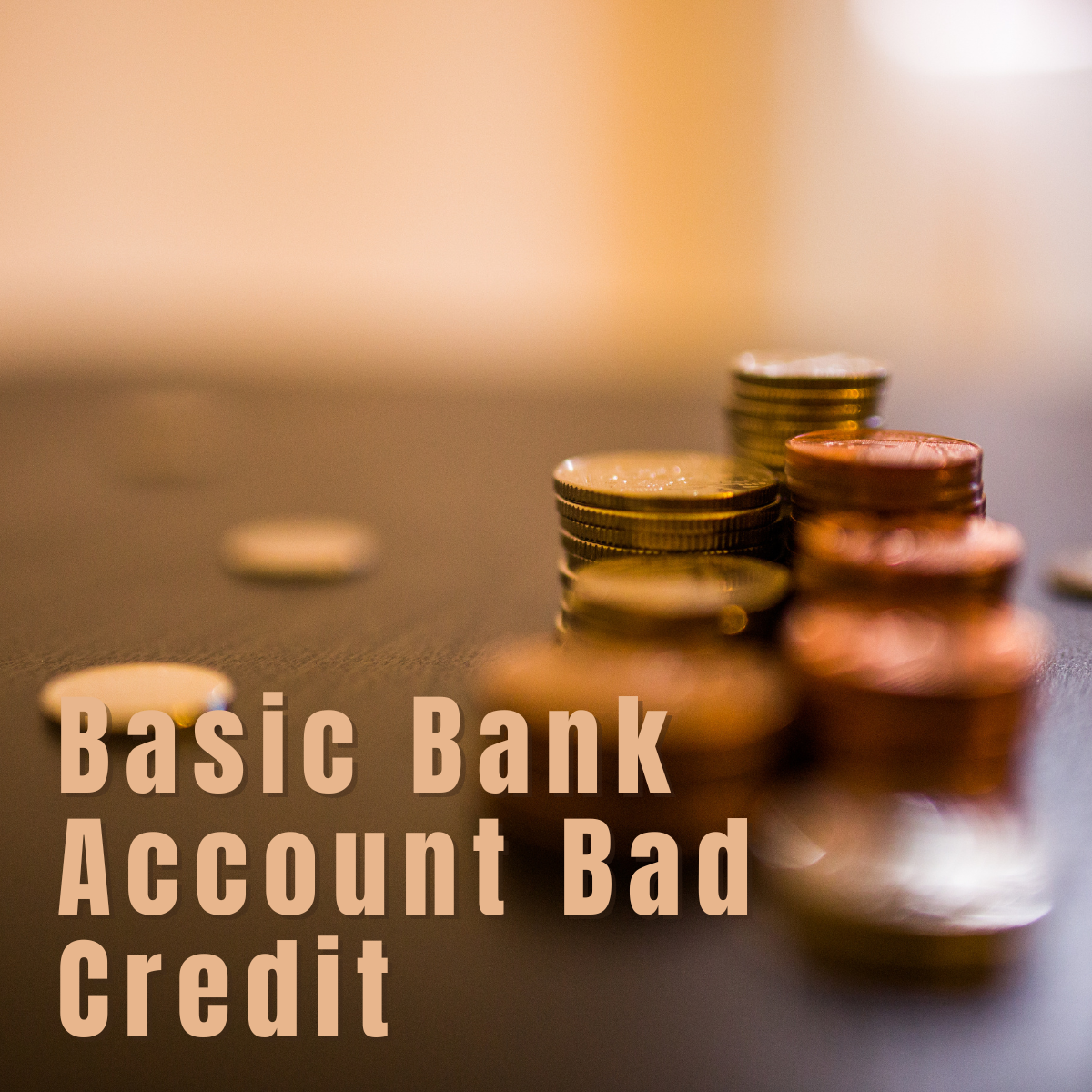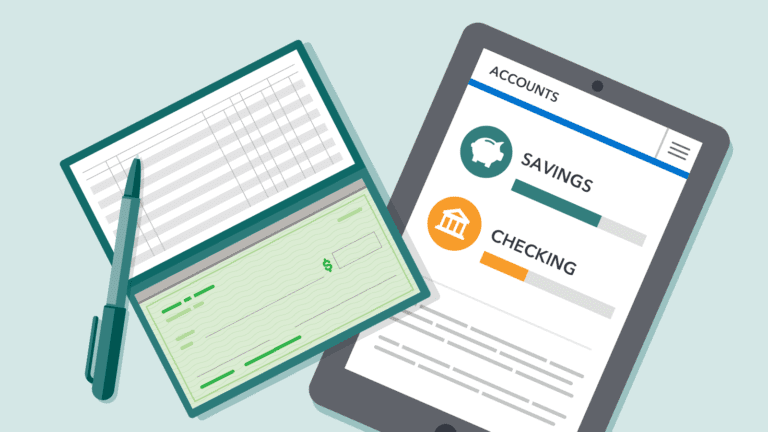Basic Bank Account Bad Credit
Basic Bank Account Bad Credit – basic bank accounts offer an economical means of depositing and withdrawing money, typically equipped with debit cards for deposit and withdrawal transactions, Direct Debits, standing orders and balance checking online or in branch. To open a basic bank account, you must be 16 or over and provide proof of address and identity.
Basic Bank Account Bad Credit – No credit check
Basic bank accounts offer a fee-free alternative to mainstream current accounts and can be opened both in branch and online. They allow users to receive income including benefits payments as well as use cash machines to withdraw cash. Some banks even allow you to set up Direct Debits and standing orders to help manage and budget your funds more easily. It is however, important that regular balance checks take place to make sure there is sufficient funds in the account to cover outgoings.
Most major high street banks now provide basic bank accounts. These can be useful for individuals with poor credit histories or who do not meet standard current account eligibility criteria, and often come equipped with a prepaid card which you can load money onto and use similar to debit cards in shops and online.
Some banks may conduct a soft credit check when you apply for a basic bank account, which won’t adversely impact your score or identity verification process. These checks serve to prevent fraud.
Basic Bank Account Bad Credit – No overdraft facility
Basic bank accounts allow you to receive your wages and income, use debit cards in stores and restaurants, set Direct Debits, and do without an overdraft facility which reduces risk and debt accumulation. They typically require less supporting documents than current accounts as well as not conducting credit reference checks.
The UK’s nine largest banks are mandated to offer basic accounts, and many can be found either in-branch or over the phone. You’ll find them available at Barclays, HSBC, Royal Bank of Scotland (including Halifax and NatWest), Co-operative Nationwide Santander and TSB.
If you have been subject to poor credit or are currently involved in an IVA, CCJs defaults, or bankruptcy proceeding, a basic bank account could be the ideal way forward. When researching providers it’s important that their terms and conditions fit your needs as each provider may differ significantly.
Basic Bank Account Bad Credit – No cheque book
Basic bank accounts offer many advantages, including free banking and the ability to set up Direct Debits or standing orders. Some services may incur charges such as using cash cards abroad or replacing lost/stolen debit cards, it is wise to ask about any such fees when opening one.
Apply for a basic bank account with most high street banks and building societies, typically to receive your wages or other payments paid directly into them, as well as receive a debit card which allows you to shop or dine out, pay online or over the telephone using it.
These accounts are tailored for those who cannot secure a standard current account through banks. There is no credit check necessary, although identity will still need to be confirmed before being accepted into an account. In some instances fraud convictions may prevent accessing certain banks. Alternative accounts like credit unions and Post Office card accounts might offer alternatives, though often with fees or restrictions attached.

Basic Bank Account Bad Credit – Debit card
Most of the UK’s largest banks provide fee-free basic bank accounts. These accounts do not require a credit check and are suitable for anyone over 16 who can show proof they reside in the UK, such as ID documents. Banks then offer traditional banking facilities like direct debits and standing orders, along with cash cards for withdrawing funds from cash machines that can also be used online and in stores to make payments without offering overdraft facilities or cheque books.
If you’re struggling with debt or have poor credit ratings, a basic bank account could be the ideal solution for you. These accounts are required by law from certain banks including Barclays, Co-op Bank, HSBC, Lloyds Banking Group (including Bank of Scotland & Halifax), NatWest and Santander and some smaller newer banks such as Starling or Monzo do not currently provide them.







